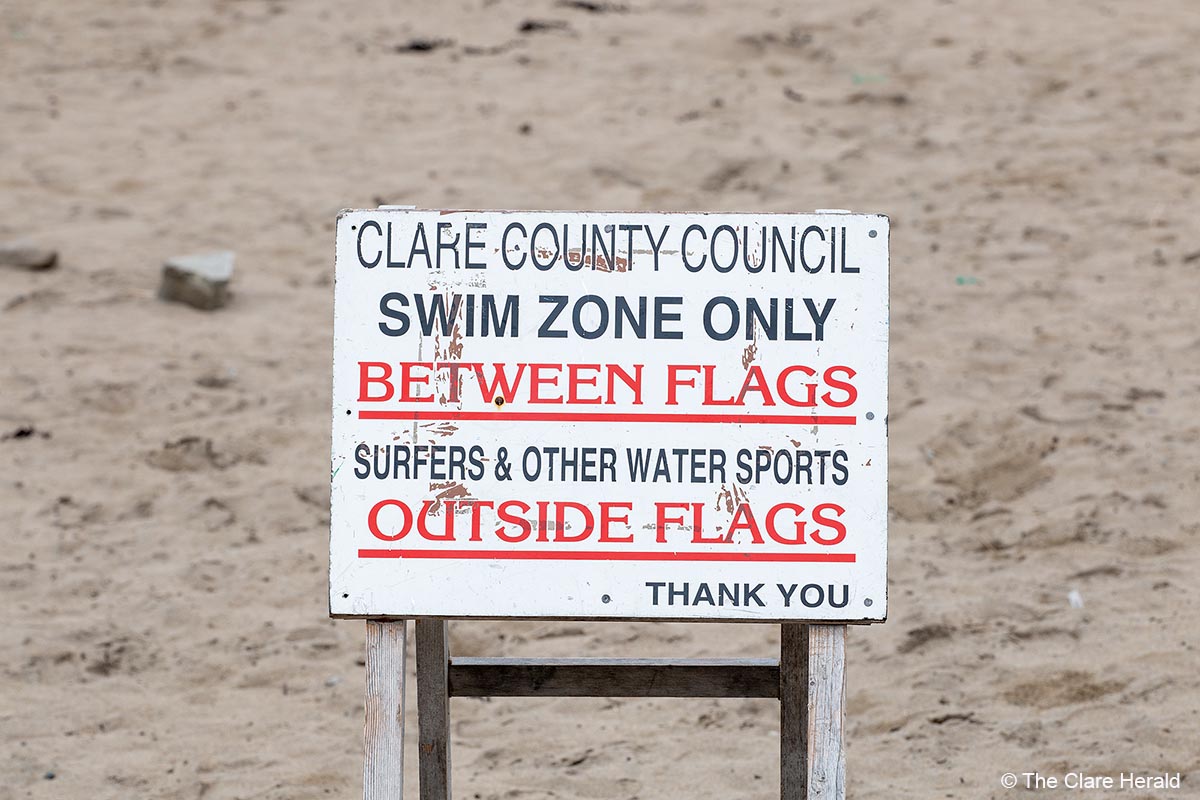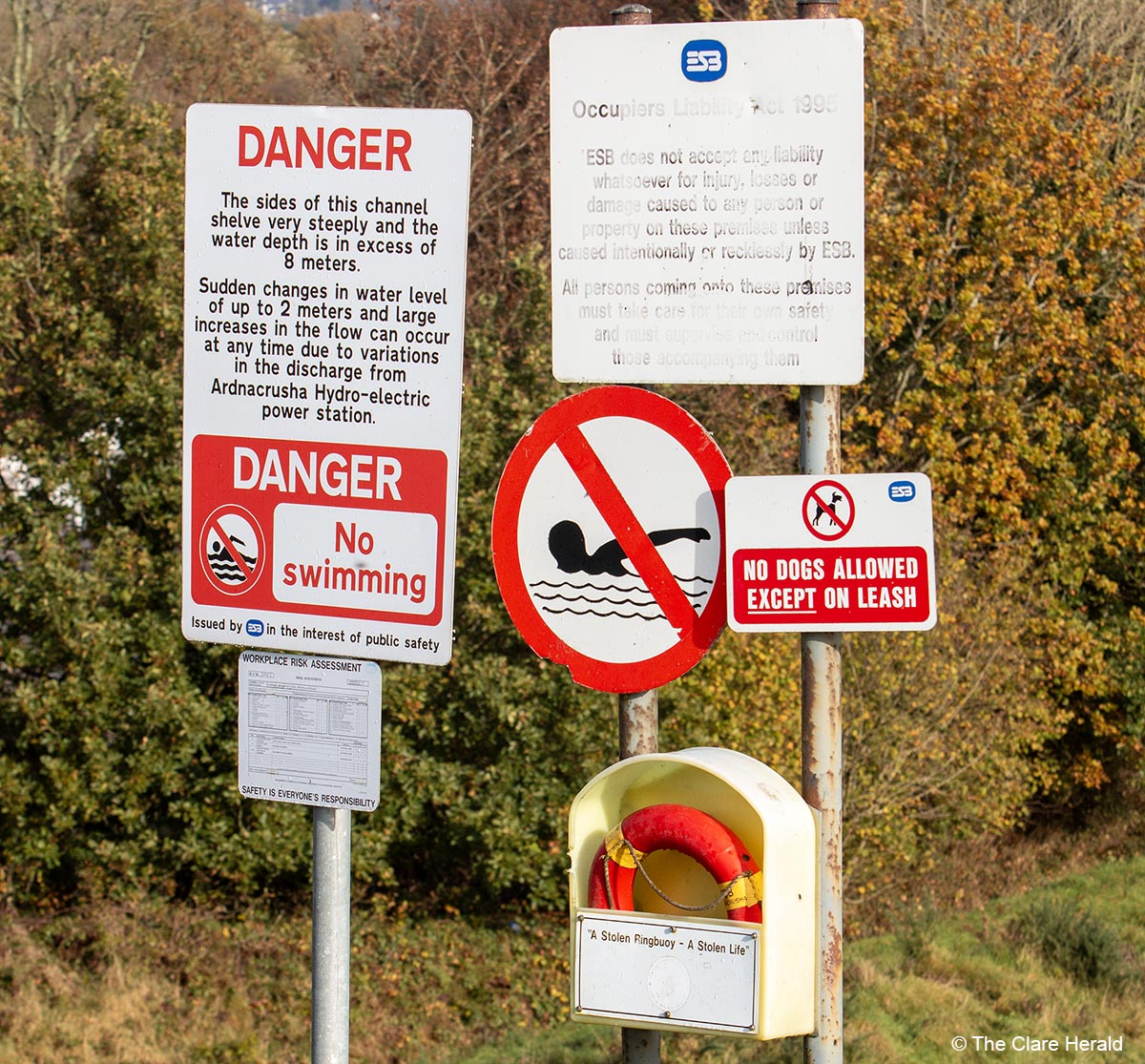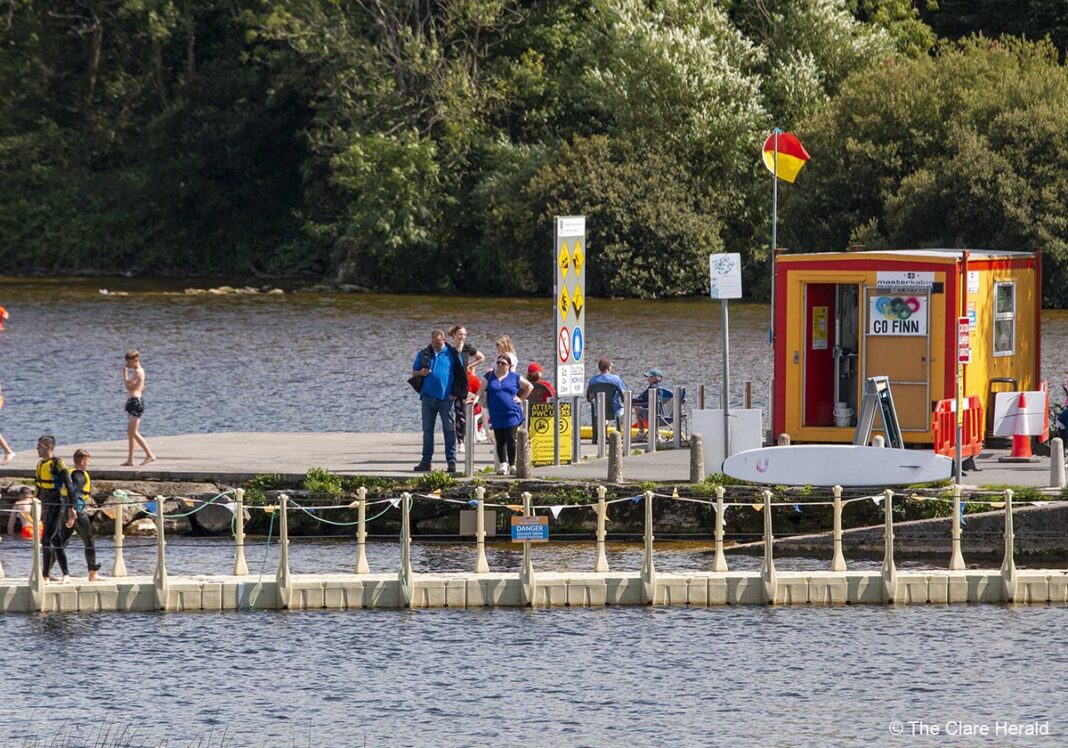The Irish Coast Guard, RNLI and Water Safety Ireland are appealing to the public to take care when they are on or near the water this Bank Holiday Weekend.
The public are encouraged to ‘Always Think Water Safety’ by planning and preparing before venturing on or near the water. Checking the weather forecast including tides and ensuring that you have the right equipment for the activity you are about to undertake will allow for a safer and more enjoyable time on the water.
Kevin Whitney, Operations Manager with the Irish Coast Guard commented: “We are seeing an increase in the number of incidents this summer involving paddleboarders, persons becoming stranded due to incoming tides, recreational boater groundings and several diving incidents. Remember to have the right equipment for the activity you are about to undertake such as a correctly fitting Personal Flotation Device (PFD), and to let someone ashore know where you are going and when you will return, and most importantly, to have a means to call for help such as a marine VHF Radio, fully charged mobile phone, or Personal Locator Beacon.”
“Ensure you plan for the event you are about to undertake and are familiar with all your safety equipment before venturing out. This will allow you to use this equipment in a hurry should the need arise.”
“If participating in any diving activities, then it is highly recommended that you file a float plan with someone ashore or the Coast Guard so that emergency services are aware of your location and can assist if need be.”
Water Safety Ireland’s CEO, Joanne Walsh said: “Rip currents can be a danger at Ireland’s beaches and swimmers are advised to know what to do if they encounter one. Rip currents are not always easy to spot and the best way to remain safe is to swim between the red and yellow flags at lifeguarded waterways.
Lifeguards are trained to identify when and where it is safe to swim. If you do get caught in a rip current, remain calm and don’t try to swim against the current. Instead, swim out of the current in a direction parallel to the shoreline and then back towards shore. If still in difficulty, call for help and float on your back like a starfish.”

RNLI Water Safety Lead, Linda-Gene Byrne said: “Paddleboarding, kayaking and canoeing are increasingly popular, especially during the summer months and the RNLI has seen an increase in our lifeboats going to the aid of people involved in these activities over the past few years. It’s important to be aware of some simple safety advice which could save your life. If you are heading out on the water, we would always advise you to wear a suitable personal flotation device for your activity.
If you are on a paddleboard, choose the right releasable leash for the location you are paddling. Always check the weather forecast and tide times as this can affect your paddling and always tell someone where you’re going and when you’ll be back. Keep a means of calling for help attached to you in a waterproof pouch or close to hand so that in an emergency you can call 999 / 112 and ask for the Coast Guard.”
If you see somebody in trouble on the water or along the coast or think that they are in trouble, use Marine VHF Ch 16 or dial 112 and ask for the Coast Guard.
Meanwhile, the ESB is reminding the Public of the dangers of swimming in ESB Reservoirs
Ahead of the August bank holiday weekend and with improving temperatures forecast by Met Éireann, ESB would like to remind the general public of the dangers and potentially serious consequences of swimming in any ESB reservoir.
Martin Stronge, Senior Manager, Hydro Operations said: “It is important that people heed the safety warnings visible on signs posted around ESB reservoirs. Our reservoirs are not appropriate for swimming due to the risk of deep and fast-flowing waters, changing water levels and uneven ground which pose serious safety risks to members of the public.”
“Remember to prioritise your safety and the safety of others by choosing safer swimming locations, such as swimming pools or beaches with designated lifeguards.”
These waters include the ESB reservoirs at:
Poulaphouca in County Wicklow
Golden Falls and Leixlip in County Kildare
Inniscarra and Carrigadrohid in County Cork
The Ardnacrusha headrace and tailrace canal in County Clare
Assaroe, Lough Nacung and Lough Dunlewey in County Donegal

